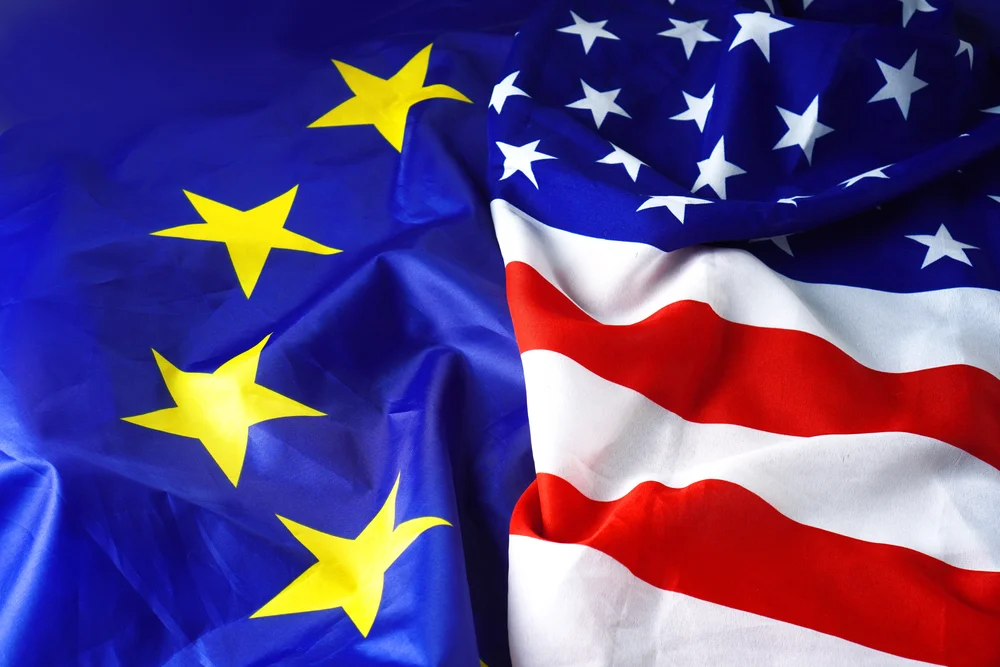Tech
Meta pulls the plug on ambitious AI plans in Europe because of ‘unpredictable’ privacy regulation

The move, which threatens the release of headsets and smart glasses, comes as the tech giant says it can’t train its AI development machines on European users due to legal uncertainty here
Meta CEO Mark Zuckerberg
Meta has indefinitely suspended the rollout of ‘multimodal’ AI features in the EU because of what it calls “unpredictable” European data privacy regulations.
The move comes after the tech giant “paused” its AI data collection in Europe last month after being requested to do so by Ireland’s Data Protection Commission (DPC).
“We will release a multimodal Llama model over the coming months, but not in the EU due to the unpredictable nature of the European regulatory environment,” Meta said in a statement.
It means that Meta’s ‘multimodal’ AI features, across all of its services, won’t be available to European users or companies. This could also affect the release of Meta products such as Quest headsets or smart glasses in Europe.
Today’s News in 90 seconds – 18th July 2024
Multimodal features include images and video and are considered to be more advanced than text-based AI.
This follows a similar position from Apple, whose recently-launched ‘Apple Intelligence’ features won’t be available in the EU this year, also for reasons of regulatory uncertainty.
The sticking point for the tech giants is, they say, a lack of clarity over whether and how they can use personal data from millions of EU citizens to train their AI models on. In Meta’s case, this includes users’ personal data from photos, comments and other content on public Facebook and Instagram posts.
Such data is then analysed and recorded to help create a ‘large language model’ (LLM), used as the basis for developing AI responses to user queries and prompts.
The approach from Meta and Apple to such AI data collection isn’t universal. Google and OpenAI are reportedly both using EU personal data to train their AI models on.
But the move from Meta and Apple will intensify growing transatlantic tension over whether the EU’s regulatory stick is too sharp. Tech industry executives regularly argue that Europe is over-regulated, making it harder for EU tech companies to grow and compete with international rivals.
However, AI data collection isn’t without controversy. Meta’s AI data collection plans were recently the subject of a complaint from Max Schrems, the privacy campaigner and long-time Meta adversary. In an intervention request to multiple European regulators, he said that Meta’s legal basis for collecting personal data needed to be challenged.
“Meta is basically saying that it can use any data from any source for any purpose and make it available to anyone in the world, as long as it’s done via AI technology,” he said.
”This is clearly the opposite of GDPR compliance. ‘AI technology’ is an extremely broad term. Much like ‘using your data in databases’, it has no real legal limit.”










